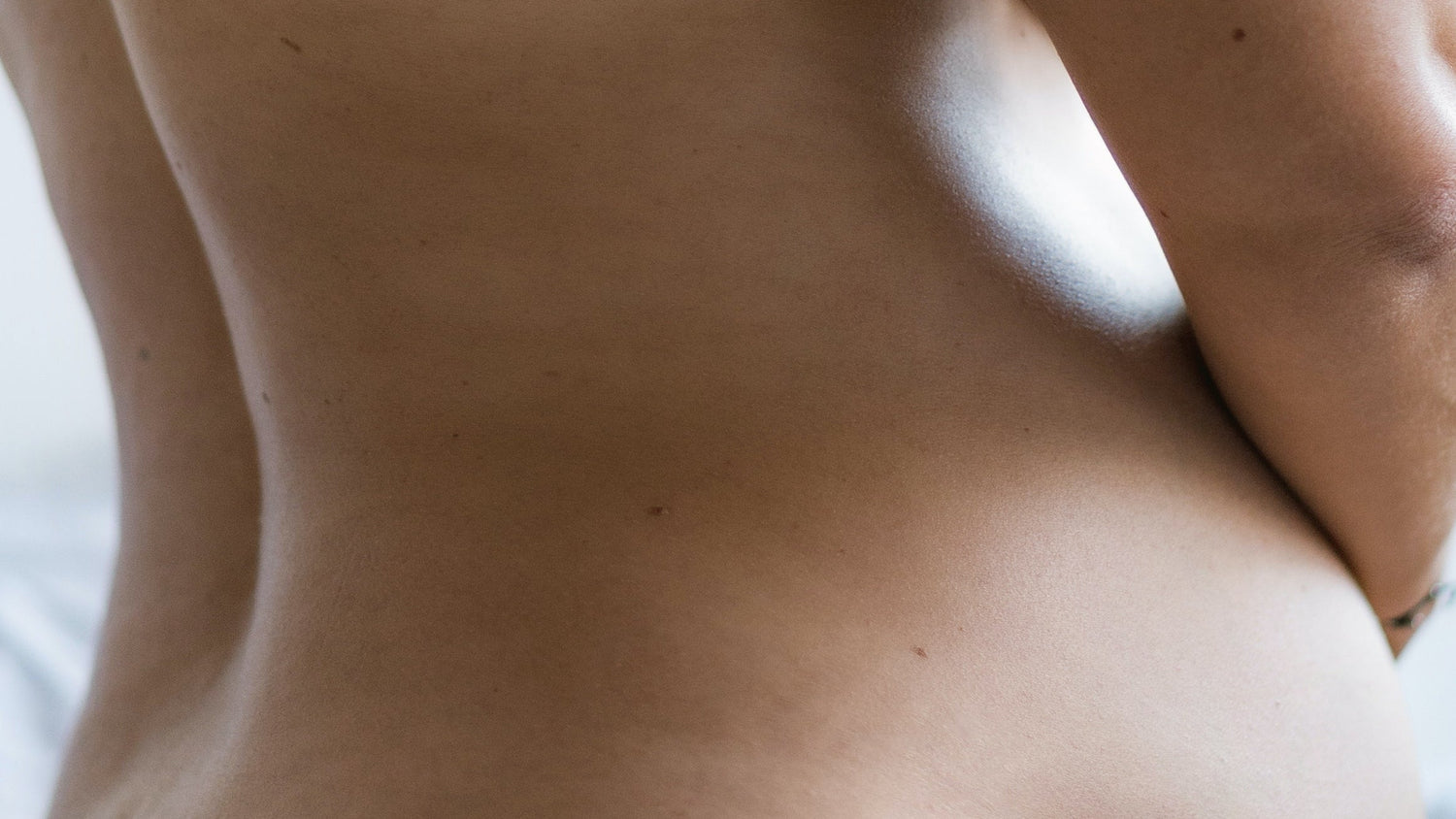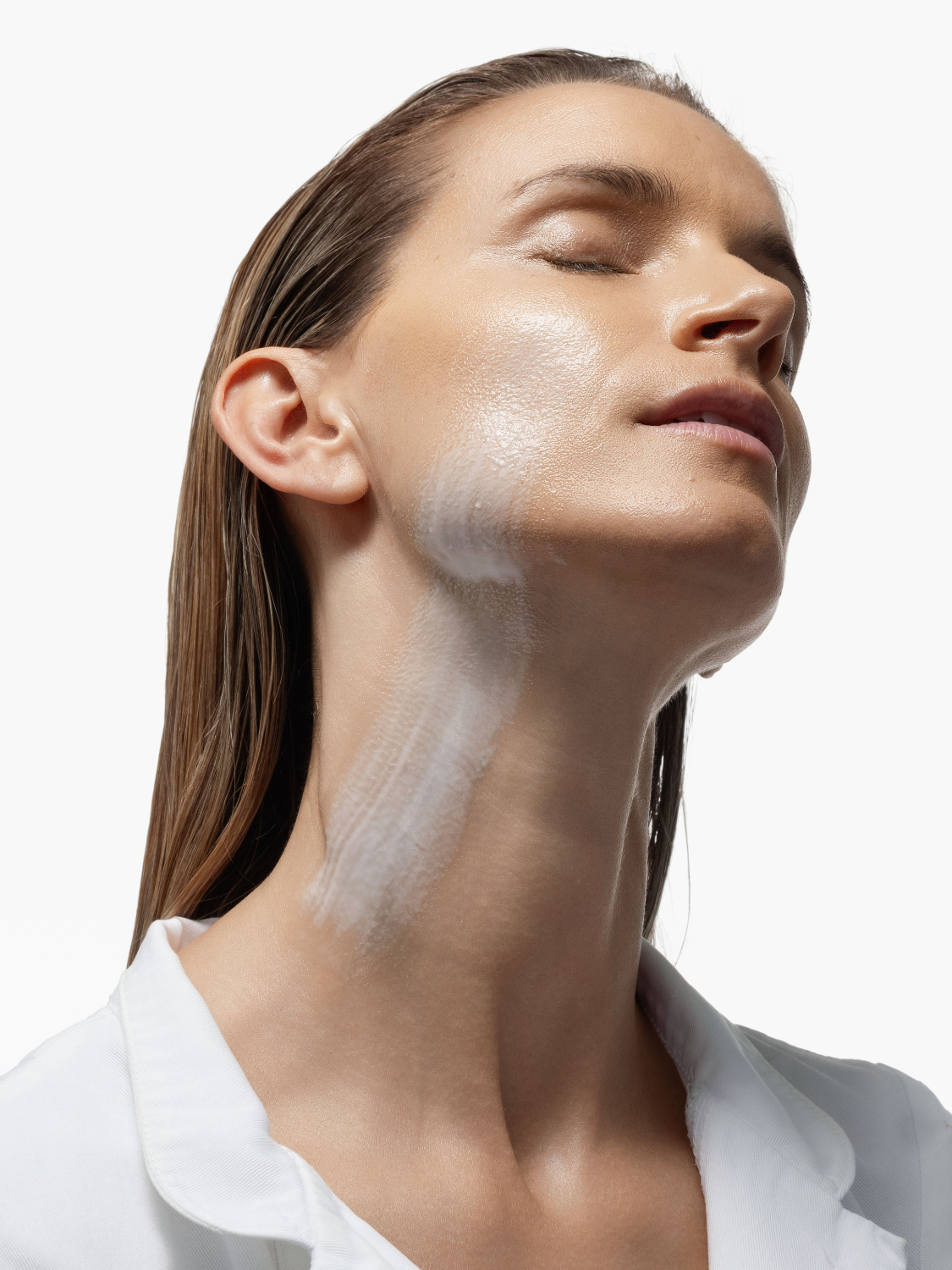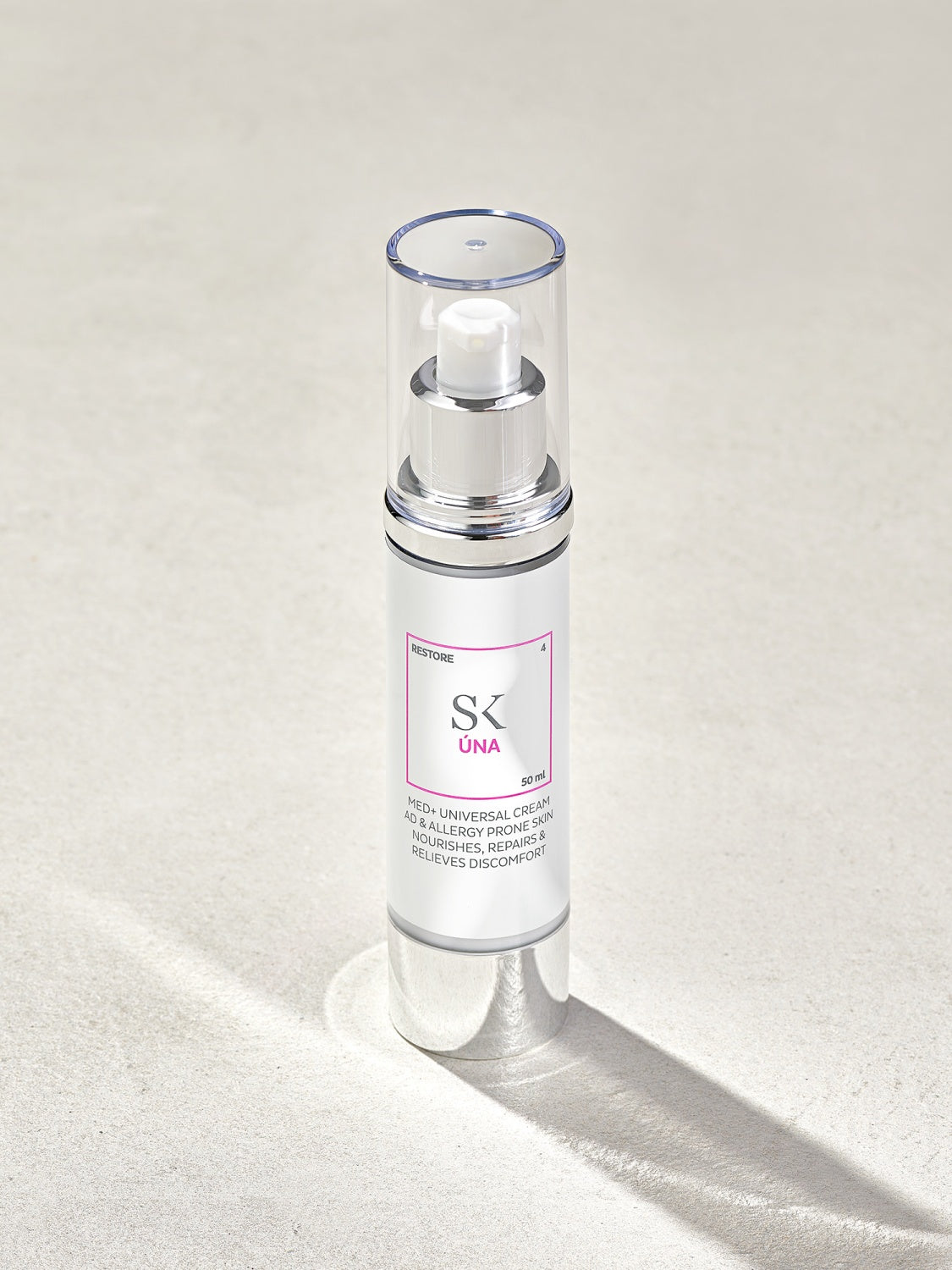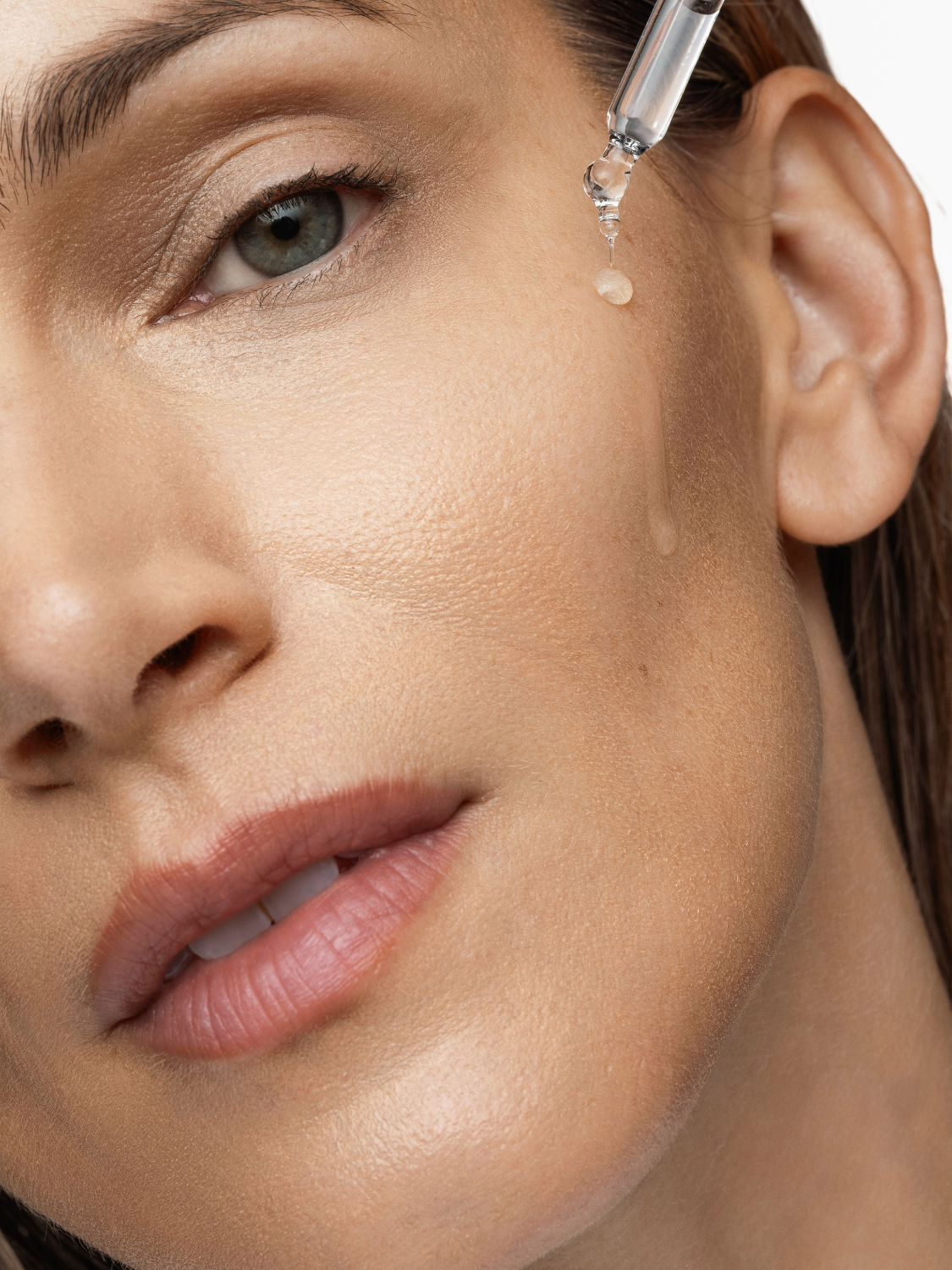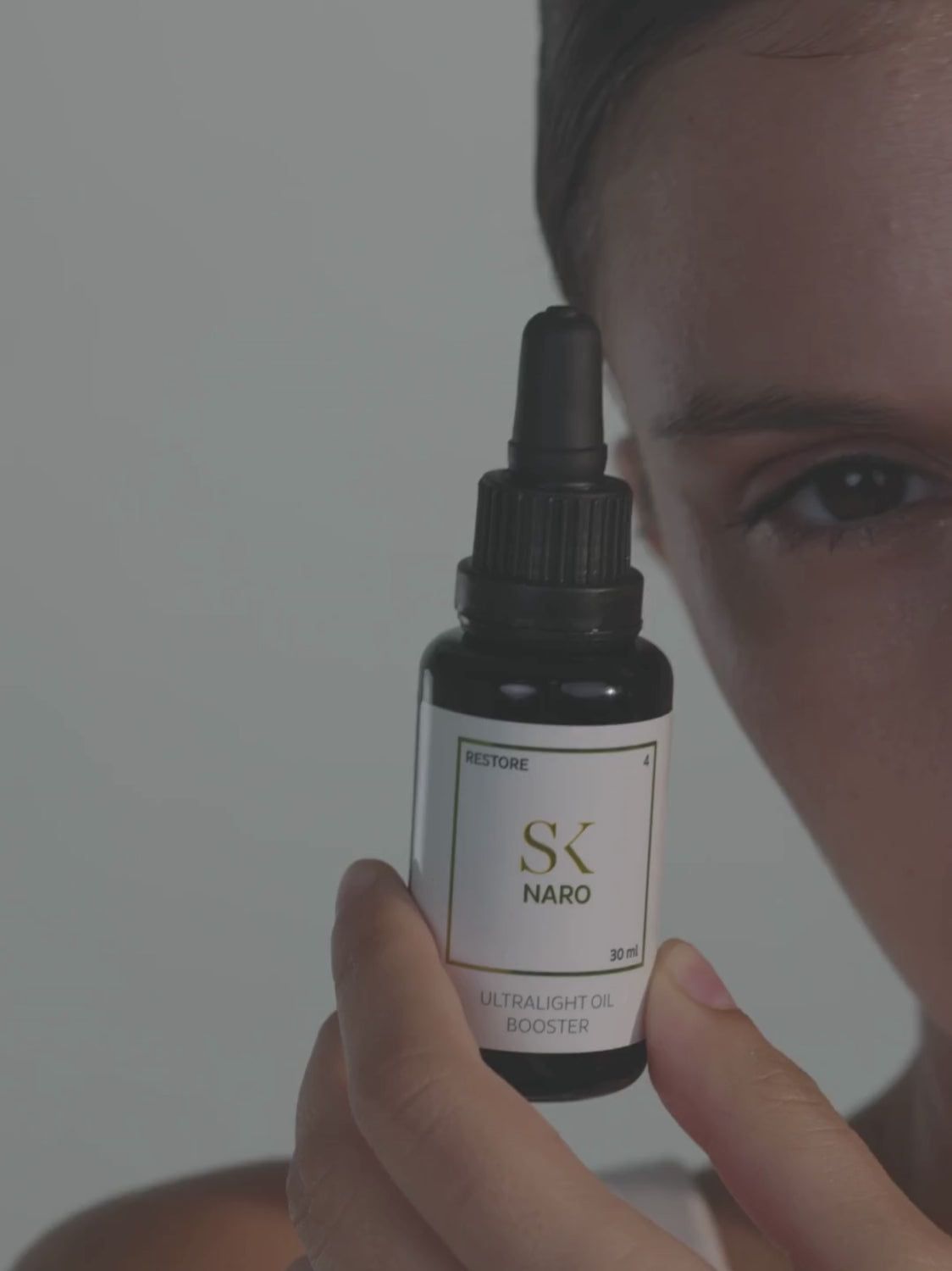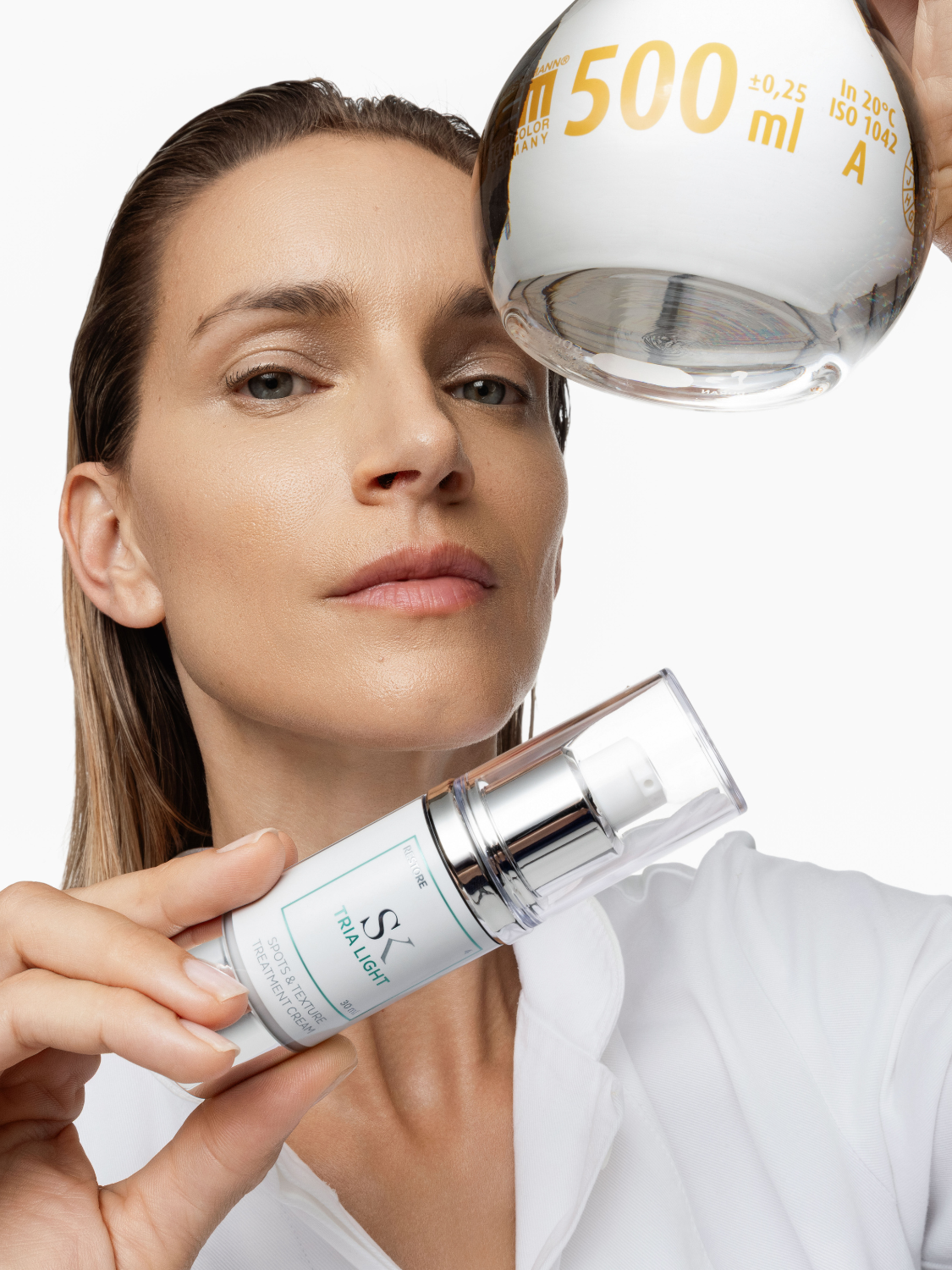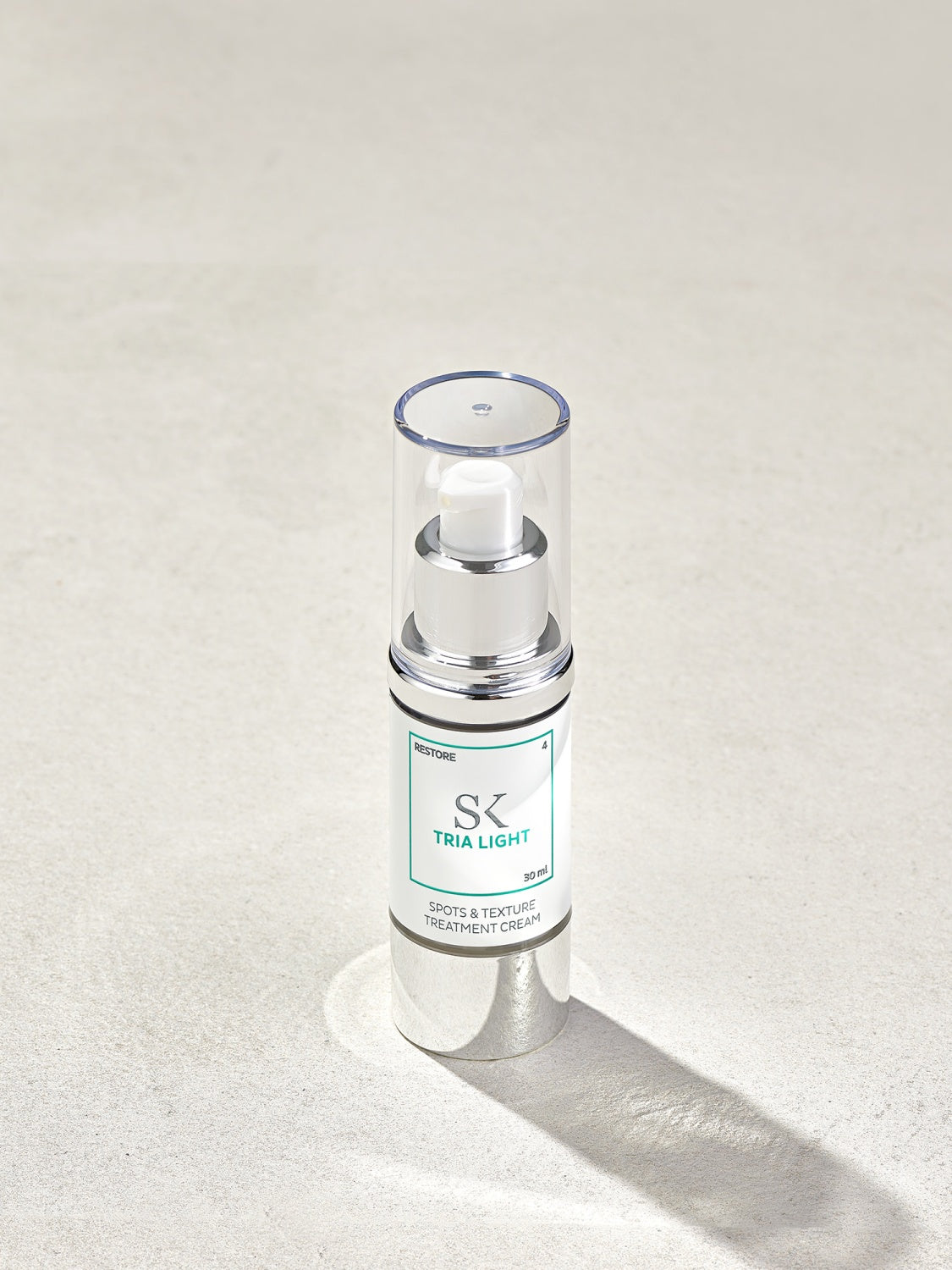Pregnancy is a very exciting period, but it is often accompanied by various challenges, including those related to skin care. If your current skin care routine no longer covers all its needs, you are not sure how to deal with hyperpigmentation changes and crazy hormones that can be reflected in the appearance of acne, and you are not sure which ingredients to avoid in this delicate period, find the answers in this article.
What skin problems do pregnant women most often face?
Pregnancy is a period in which more than 90% of women experience significant changes in their skin . These changes are mainly the result of numerous endocrinological, immunological, metabolic and vascular changes that can affect the skin in various ways during pregnancy. Improvement is possible, but unfortunately also worsening of existing skin problems, and the appearance of new dermatoses is also possible. Skin problems that pregnant women most often face are dry skin, hyperpigmentation spots and acne.
If you have dry skin that has become extra parched during pregnancy, you do not need significant changes in your skin care routine that suits you, but with the use of a nourishing cream rich in gentle emollients, ceramide precursors, beta glucan and panthenol for long-term hydration such as our Úna, we also recommend an addition to the routine in the form of a Naro oil booster that enhances the nutrition of any product. An additional plus of the extremely gentle and minimalist formula of Úna cream is the possibility of using it on the skin of children older than 4 months, so it can also serve as a universal moisturizing cream for the whole family.
One of the most common skin problems that occur during pregnancy are hyperpigmentation spots that are caused by hyperproduction of melanin in the skin due to increased serum levels of MSH, estrogen and progesterone. Estrogen increases melanin production from melanocytes, and its effect is further enhanced by progesterone. These are light to dark brown spots that mainly appear on the forehead, cheeks and nostrils. These changes in skin tone are often called a pregnancy mask, given that they occur as a result of hormonal imbalance during pregnancy. If your skin is prone to hyperpigmentation, and the spots became more pronounced during pregnancy, prevention of new spots and darkening of existing ones is key. We advise maximum avoidance of sun exposure and regular application of a high protective factor such as Solar I fluid , which protects the skin from a wide spectrum of UV radiation. Also, in the morning routine, in addition to SPF, we recommend Superba C vitamin serum with 10% vitamin C, vitamin E and ferulic acid, and Lumion exfoliant in the evening. These three products are ideal allies for tired and blotchy skin - they even out hyperpigmentation irregularities, inhibit melanin and have photoprotective and antioxidant effects.
Treating acne during pregnancy is sometimes challenging because many cosmetic products aimed at treating acne contain strong active ingredients with high absorption. If you are pregnant or nursing, whose skin is prone to comedones and acne, we recommend gentler alternatives such as Trie Light and Architecta . Tria light is a non-comedogenic treatment cream with niacinamide that keeps skin irregularities under control by regulating the hyperproduction of sebum, acting against clogged pores and blemishes and supplying the skin with reparative ingredients, while Architect is a retexturizing serum that, in addition to being ideal for treating acne, normalizes the hyperproduction of sebum and it has an antimicrobial and anti-inflammatory effect, it also reduces hyperpigmentation changes making the skin tone uniform. The main star of Architect is 1% bakuchiol, which behaves analogously to retinoids, but has no structural similarities with them, so it does not cause the side effects that retinoids carry with it, and is suitable for use by pregnant and lactating women.

Which ingredients in cosmetic products should pregnant and lactating women avoid?
Fortunately, most cosmetic products are safe for expectant mothers and nursing mothers, but there are still a few ingredients that we advise you to avoid during pregnancy. In short, it is salicylic acid and retinoids . Salicylic acid certainly does not pose the same risk as retinoids, but caution is in order because it has been proven that salicylic acid, and especially professional 10-20% chemical peels, are absorbed transepidermally.
In addition to salicylic acid, it is necessary to take a break from using retinoids, which have a proven teratogenic effect, during pregnancy and breastfeeding. As a replacement for retinoids, we recommend introducing bakuchiol into your skin care routine.
The good news is that pregnant and lactating women can freely use all Skintegrina products except Clarion serum and Clarion 2% BHA cleanser, which are not recommended due to salicylic acid.
We advise expectant mothers to follow a simple skin care routine with a focus on a gentle cleanser, hydration and SPF, and if you use topical medications, consult your doctor about the possibility of using them during pregnancy and breastfeeding.
Literature:
- Vora, Rita & Gupta, Rajat & Mehta, Malay & Chaudhari, Arvind & Pilani, Abhishek & Patel, Nidhi. (2014). Pregnancy and Skin. Journal of family medicine and primary care. 3. 318-24.
- Bayerl, C. (2013). Aknetherapie in der Schwangerschaft. Der Hautarzt; Zeitschrift fur Dermatologie, Venerologie, und verwandte Gebiete. 64.
- Bacalbasa, Nicolae & Bohiltea, Roxana & Dima, Vlad & Balescu, Irina & Pop, Lucian. (2021). Retinoids and teratogenicity. Romanian Journal of Pediatrics. 70.

